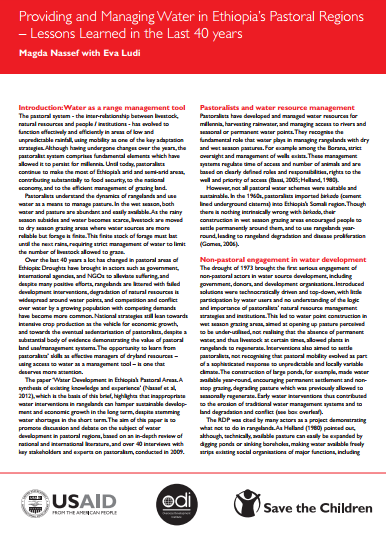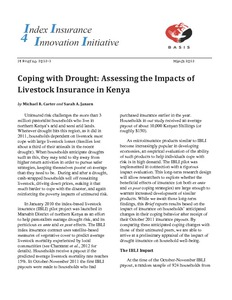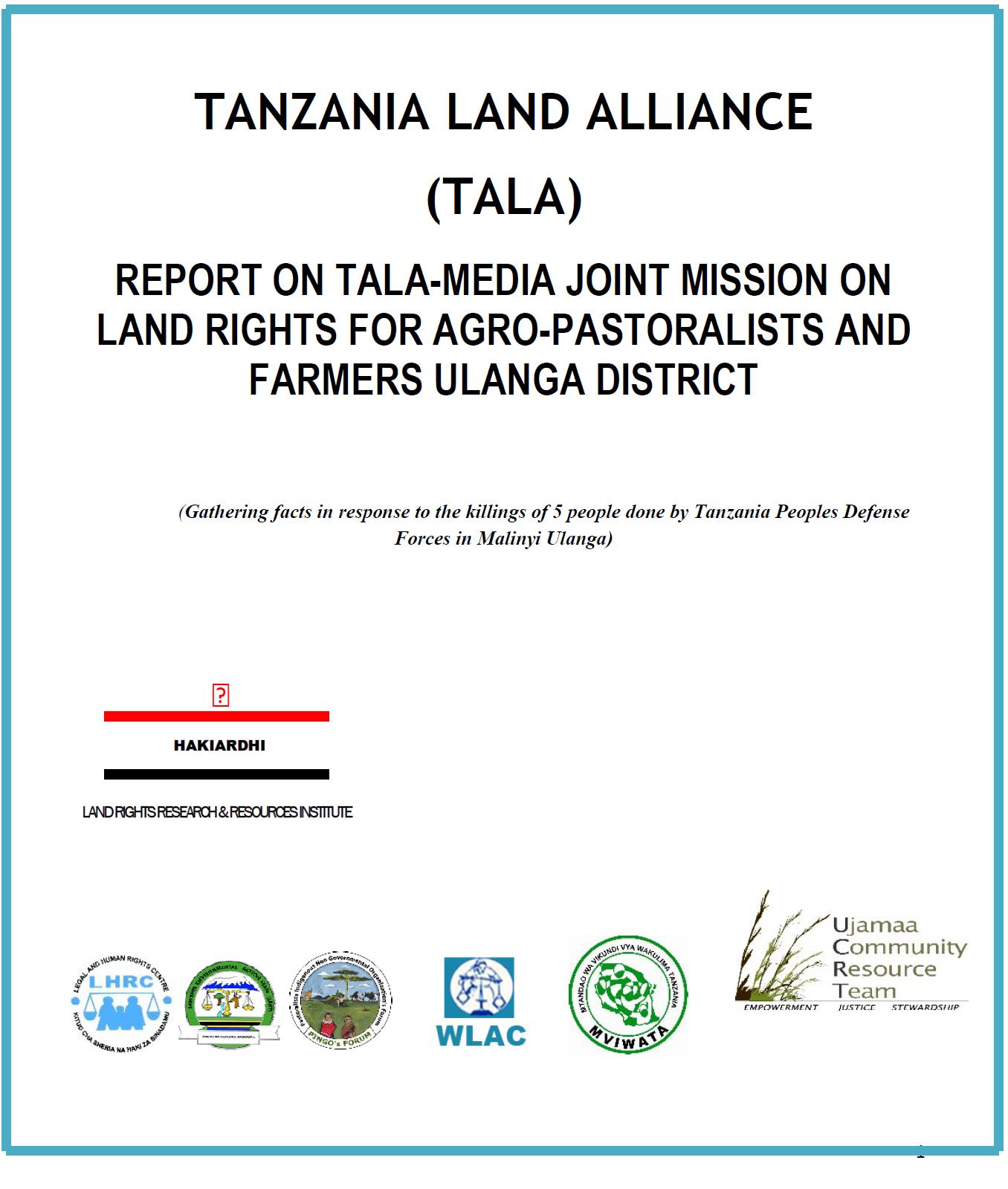Conflict management, decentralization, and agropastoralism in dryland West Africa
This paper reports on a four-site study conducted in the Sahelian zone of Niger. The study takes a novel mixed methods approach for understanding conflict management from the perspective of rural peoples by not only describing past highly publicized conflicts but also by analyzing the steps rural peoples follow to management disagreements that arise in their everyday lives. This “bottom-up” approach reveals both a capacity and preference among our informants to manage disagreements informally without involving village or extra-village authorities.







